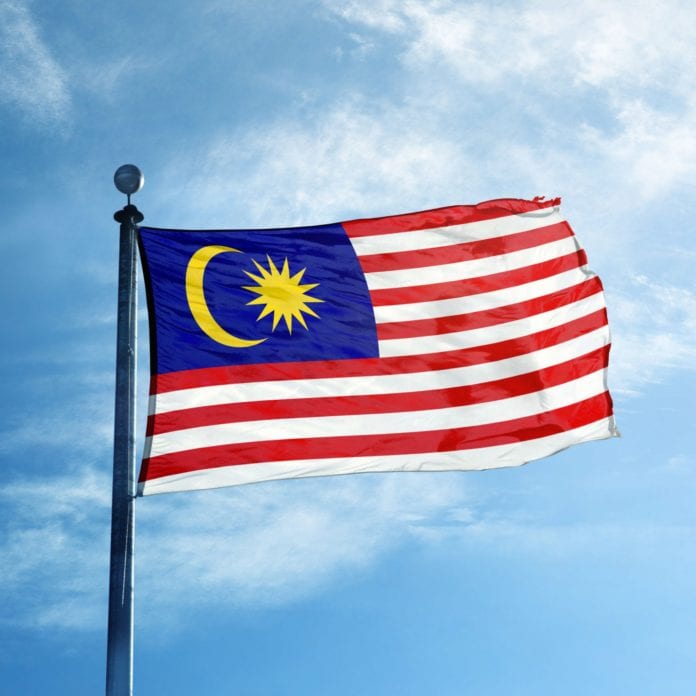Malaysia gave the approval to deploy the second 5G network to U Mobile in November 2024
In sum – what you need to know:
– U Mobile has selected Huawei and ZTE to deploy Malaysia’s second 5G network, targeting 80% population coverage within a year
– The enterprise-grade 5G network will support 5G-Advanced and network slicing from day one, enabling tailored services for industries like healthcare, transport and smart cities.
– U Mobile’s rollout emphasizes improved indoor 5G coverage and prioritizes key locations like transport hubs, medical centers and data centers—crucial for nationwide 5G adoption.
Malaysian carrier U Mobile has selected Chinese vendors Huawei and ZTE as its key technology partners to build a new 5G network in the country.
The partnership supports U Mobile’s ambitious goal of reaching 80% population coverage within 12 months, and 90% in the following year. The company’s new 5G network will feature advanced hardware and software designed to deliver strong performance both indoors and outdoors.
Woon Ooi Yuen, U Mobile’s CTO, said: “We believe our next-generation 5G network that is enterprise-grade will improve Malaysia’s total 5G and 5G-A experience, be it for consumers or enterprises.”
The new network will support advanced features like network slicing and 5G-A capabilities from the beginning. These tools will help businesses tailor their network usage based on specific needs, such as for healthcare, transportation and smart cities, U Mobile said.
U Mobile also plans to improve indoor coverage, which remains limited today, by increasing the number of indoor 5G sites. Key areas of focus for the rollout include transport hubs, medical centers, sports venues, smart cities and data centers.
“The government’s foresight of introducing a 5G dual network model will allow for greater industry participation, encouraging healthy competition, spurring innovation, which will lead to quality and service improvements,” said U Mobile chairman Tan Sri Vincent Tan.
The Asian telco noted that Huawei and ZTE were chosen through a competitive tender process launched last year. While suppliers from various regions were invited, only the two Chinese firms submitted proposals, it added.
Huawei Malaysia CEO Simon Sun, said: “Together with U Mobile, we aim to build a bespoke 5G-A ready network… and accelerate digital transformation to support Malaysia’s digital economy.”
U Mobile has previously signed a Memorandum of Understanding (MoU) with local bank CIMB Bank Berhad (CIMB) with the aim of extending financing support for its upcoming 5G network rollout.
In November 2024, the Malaysian Communications and Multimedia Commission (MCMC) gave the approval to deploy the second 5G network to U Mobile, the third-largest operator in the country.
At that time, U Mobile said that it will also be working with state-controlled 5G network operator Digital Nasional Berhad (DNB) to ensure the quality of 5G service is maintained.
In May 2023, Malaysian authorities had said that the country would shift to a dual 5G network once DNB achieved 80% coverage in populated areas, something that occurred in December 2023.
The government of Malaysia had also revoked a previous ministerial direction of 2021, which had designated DNB as the sole entity responsible for Malaysia’s 5G deployment.
DNB was set up by the Malaysian government in 2021 as a special purpose vehicle to develop the country’s 5G network infrastructure, which private telecommunications firms are currently using to offer 5G services to their customers. DNB’s 5G network was deployed by Ericsson.
As of today, all operators in Malaysia are offering 5G service in Malaysia via state-run 5G network Digital Nasional Berhad (DNB).
CelcomDigi, Maxis, YTL and U Mobile currently hold stakes in DNB, each with a 16.3% share. These four Malaysian operators had previously submitted bids to build the country’s second 5G network.

